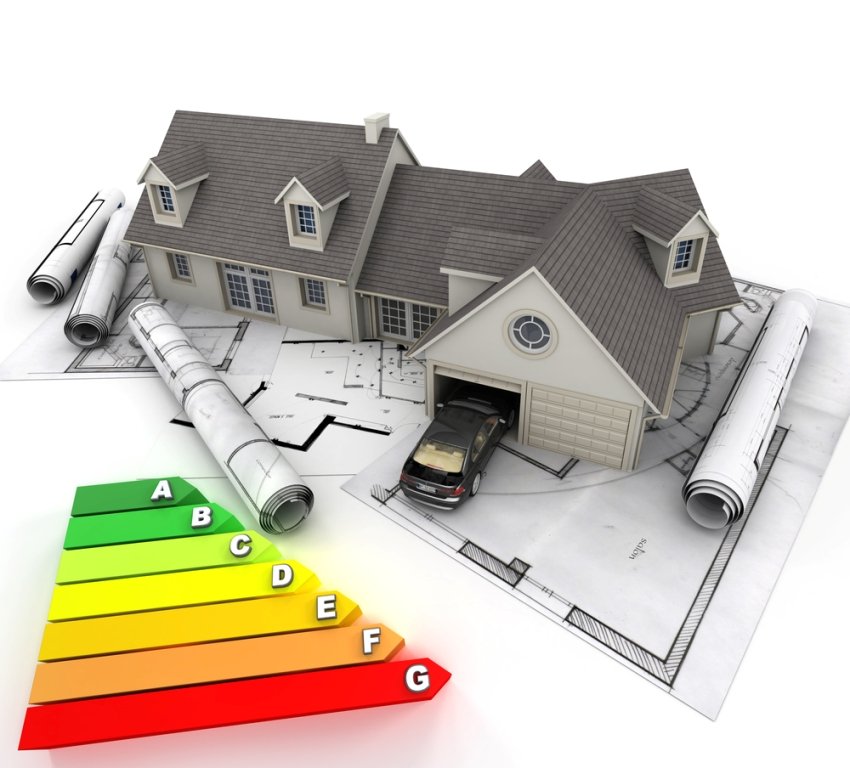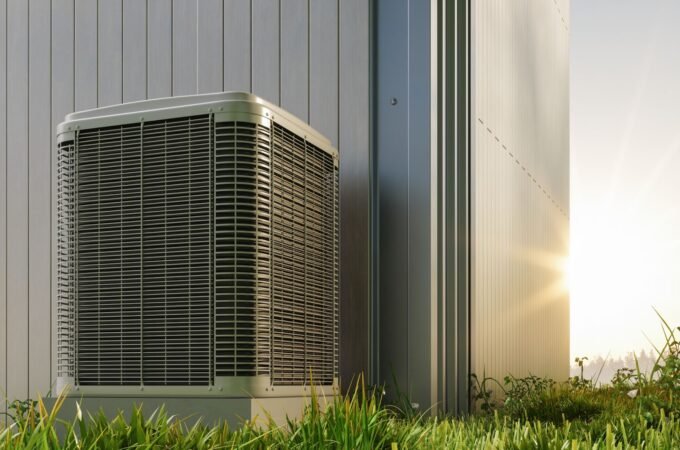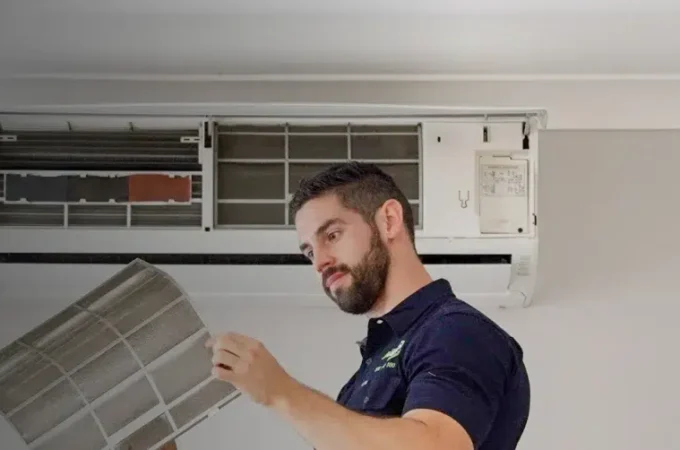
Top Energy Saving Tips for Homes
Energy is a vital component of human life. With different sources of energy, you are able to cook, watch TV, use your car, and power different types of machinery. However, the available sources of energy are getting more and more strained. This can be attributed to an ever-increasing population. That’s why different governments are looking for better ways to save energy and conserve the environment. So, if you want to increase the energy efficiency in your home, keep reading. This article contains actionable energy-saving techniques that can save you a lot of money and conserve the environment.
Ditch the Incandescent Light Bulbs

It’s time to ditch those incandescent light bulbs. They consume more energy and come with an inferior lifespan. In particular, more than 90 per cent of the energy from these bulbs is converted to heat—leaving only 10 per cent to light. This wastes a lot of energy and strains the available energy sources. So, if you want to make your home eco-friendly, consider replacing these types of bulbs. Bring energy saving based bulbs like LED. They use just 10 per cent of the light that the incandescent bulbs use. Of course, the cost of acquiring these light saving bulbs is higher. However, in the long run, they save a lot of energy—making them a worthy investment. LED bulbs come with a superior lifespan
Air Leaks Sealing
Seal those annoying air leaks. They will help save a lot of energy. For instance, if you have an HVAC system in your home and you still feel cold during the winter, it might be due to poor insulation. And one of the best ways to cut down on the energy that is used to keep the interiors warm is through sealing any air leak. Ensure you get proper house insulation inspection. Fix any leaks. It will make your home warmer and energy-efficient.
Switch Off Electrical Devices
Turn off any electrical device that is not in use. Teach your kids the importance of switching off electronic gadgets like TV, computer, radio, as well as other devices—especially where they aren’t in use. It will help save a lot of energy. Teach them the importance of conserving energy. Make them understand the relationship between conserving the environment and human health.
Energy Efficient Windows

According to the stats, about 4-10 cents homeowners pay for heat loss is due to old inefficient windows. So, replace those old windows and save a lot of energy. It will lower your heating and cooling bills. Go for windows with less heat loss. Look at the U-factor of the windows you intend to purchase. So, when purchasing your windows, look at the U-factor. Go for windows with the lowest U-Factor. It will minimize heat loss and help you save a lot of energy.
Room Temperature
Lowering the temperature of your spaces can help conserve energy. However, people do have different tolerances when it comes to cold. So, depending on your tolerance, you can lower room temperature and save huge amounts of money on energy bills. Plus, lowering the temperature of your interiors means you will be using less energy. Thus, there will be no strain on the existing energy sources.
Pro tips: Purchase a programmable thermostat—it will help lower the temperature when you are not around or at night. This will significantly reduce the energy bill and save the environment.
Alternative Energy Sources
Using alternative sources of energy to light your home or power vital machines can help save the environment. The following are toe common sources of alternative energy.
Bioenergy
Usually produced from biomass, this renewable source of energy is perfect for generating liquid fuels as well as biodiesels that are popular in the transportation industry. Biomass is an organic matter that comes from living plants and animals. Of course, bioenergy generates carbon dioxide in the form of fossils. However, biomass plants tend to remove carbon dioxide from the atmosphere. This helps make the environment cleaner and safer for human living.

Different systems can be used to generate electricity from biomass. However, the most common one is the burning of biomass to capture methane gas as the natural organic material decomposes.
Hydrogen
Another greener source of energy is hydrogen. With hydrogen, you have a reliable and sustainable source of energy that promotes the conservation of the environment. Made of protons and electrons, nitrogen is the most abundant natural element in the entire universe. Nitrogen—which doesn’t occur naturally in the form of gases or liquids—is found in organic-based compounds known as hydrocarbons. Common hydrocarbons include gasoline, natural gas, bacteria, and algae. It’s also important to note that hydrogen produces a lot of energy. However, it doesn’t produce any significant amount of pollution—especially when burned.
Electricity can be produced from hydrogen. The process of converting hydrogen to electricity is a bit complex. In a nutshell, hydrogen is first converted to potential chemical energy—which finally converts to electricity. The by-products from this process include water and heat.
The technology involved in the production of electricity from hydrogen is quickly finding its way into the automotive industry. Engineers are now manufacturing hydrogen-powered cars. Plus, in the United States of America, hydrogen is largely used in the refinement of petroleum, treatment of metals, production of fertilizer, as well as the processing of food. Also, this renewable source of energy can be used to provide emergency electricity—especially for large buildings as well as remote locations.
Key Takeaway
Do you love your environment? Well, if you do, think about renewable energy today. Embrace these sources of energy and save the environment.
The Bottom-Line
Do you love your environment? Well, conserve it. And the only way to conserve energy is to learn the best renewable energy today. The above tips will help save energy and make the world green again. From ditching the incandescent bulbs to using alternative energy sources—these tips are sure to help you conserve the environment and cut down on energy bills.




